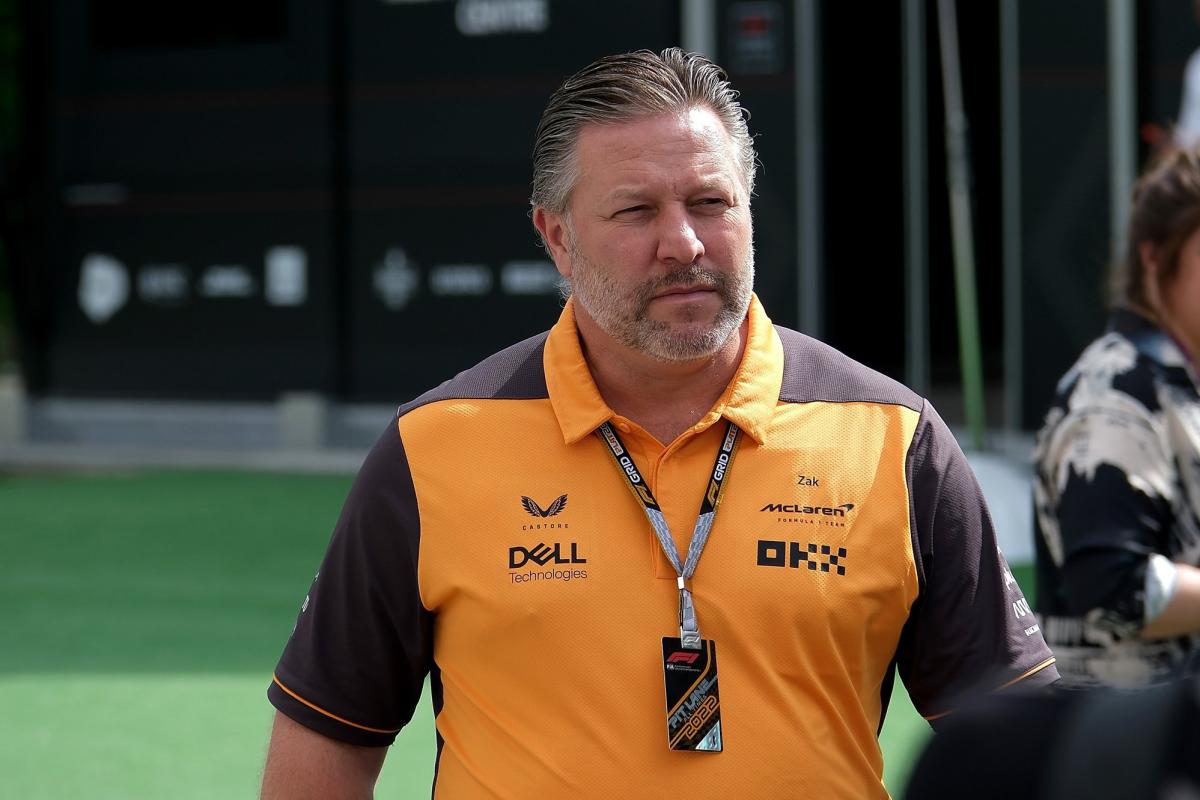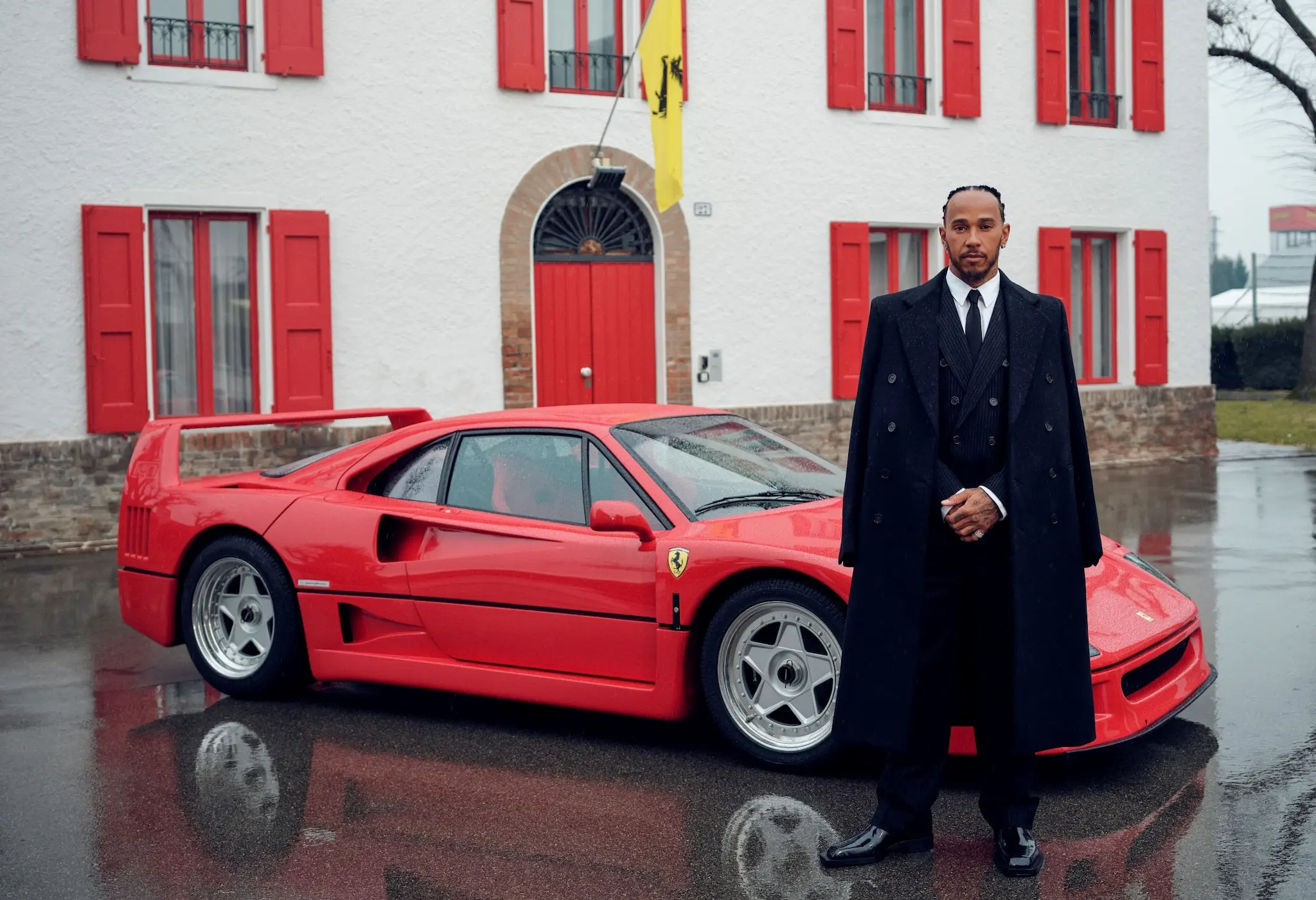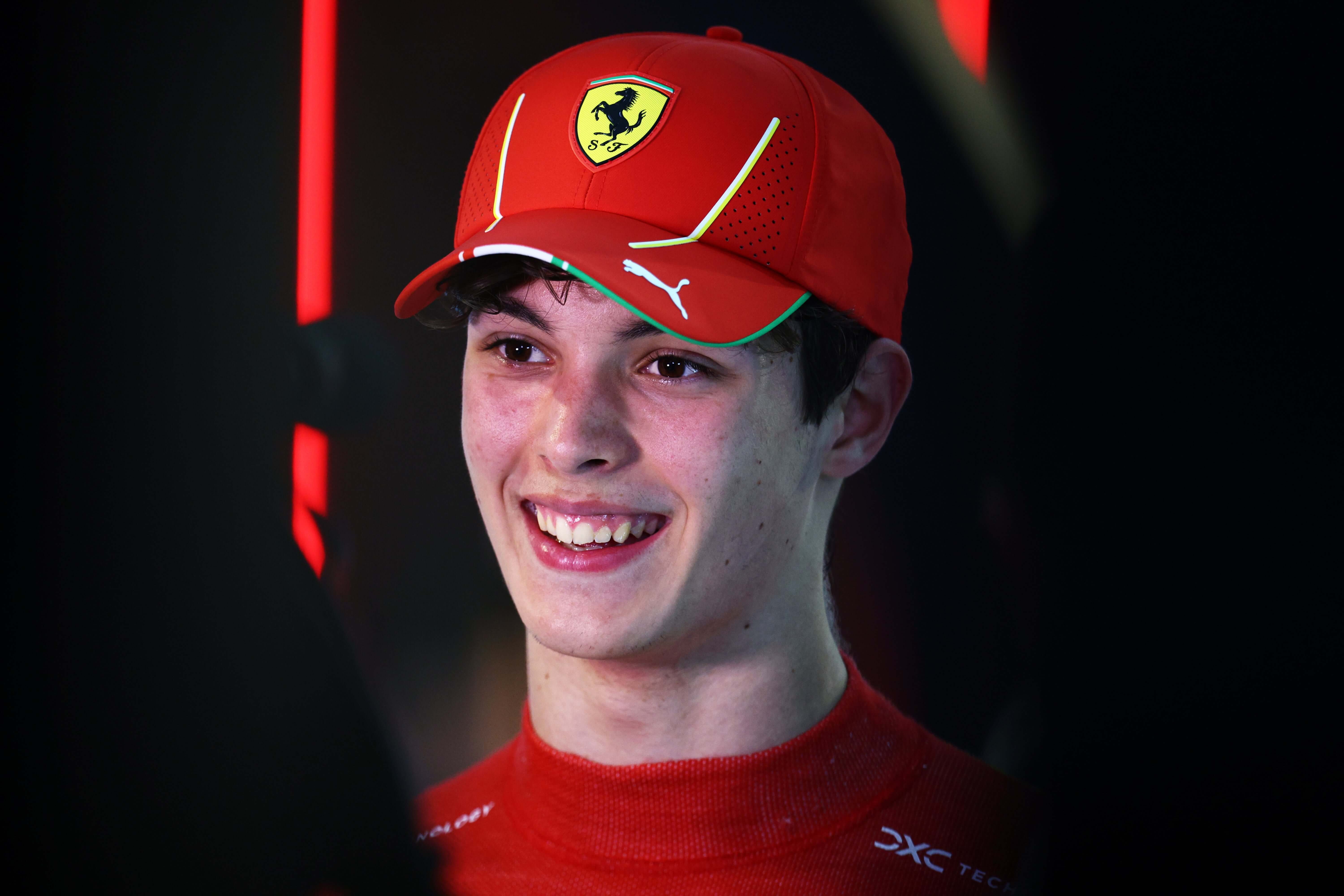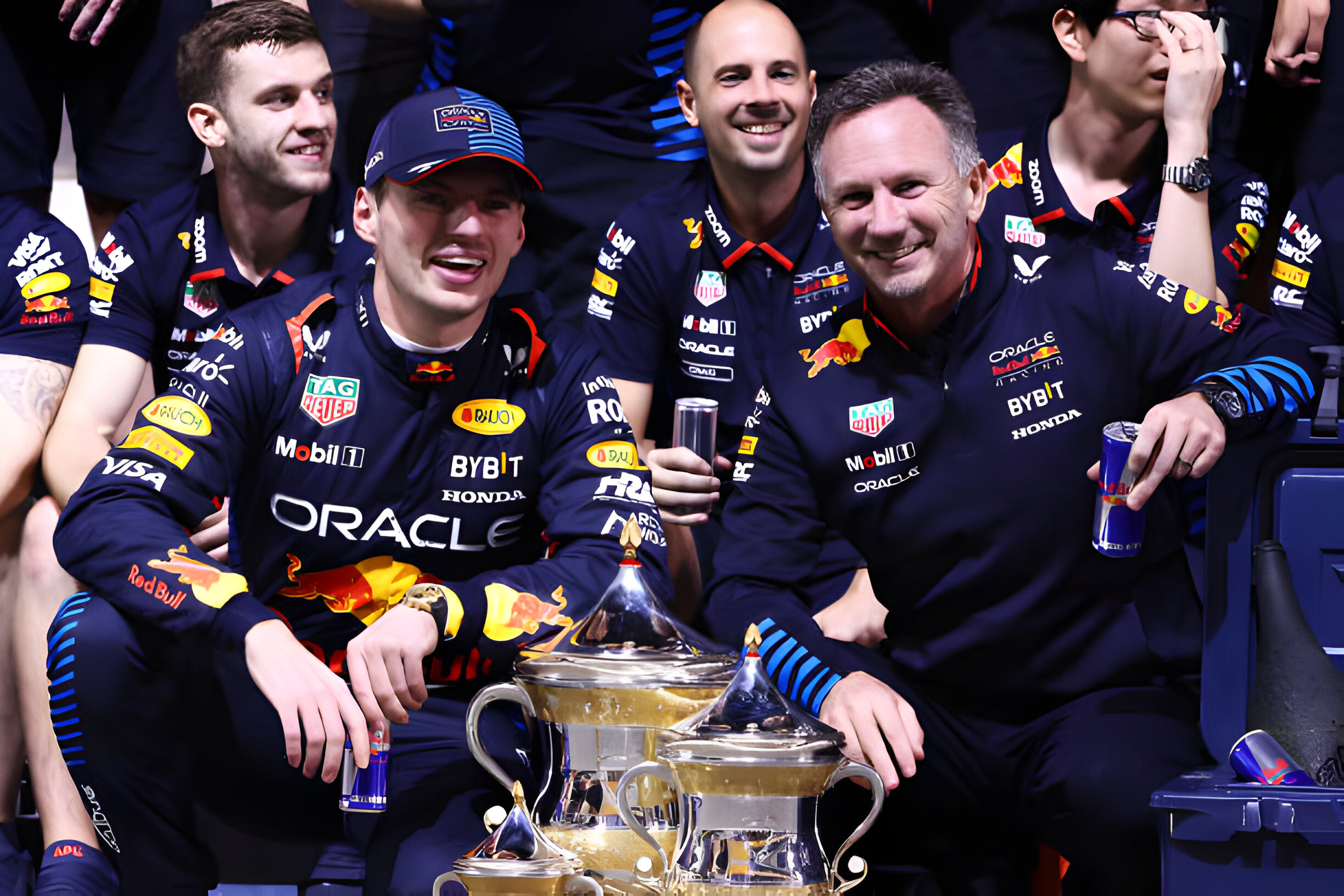Formula 1 has made significant progress in recent years in the area of sustainability, and the sport's goal is to be net-zero carbon by 2030. The introduction of a cost cap in 2021 was one of the measures implemented to achieve this goal. However, according to McLaren Racing CEO Zak Brown, current regulations are holding back progress in sustainability.
McLaren Racing has today published its annual Sustainability Report. 🌱
— McLaren (@McLarenF1) May 18, 2023
The report aims to provide transparent, robust and comprehensive reporting on McLaren’s economic, environmental and social impacts in 2022.
You can read it in full here. 👇
McLaren reported a 22% reduction in greenhouse gas emissions from a 2019 baseline and a 19% reduction in total waste compared to 2019, with zero sent to landfill, in its annual sustainability report published on Thursday. However, Brown believes that a level playing field, where teams do not have to choose between investing in car performance and sustainability, and can work towards the same goals, is necessary for a " genuine step change".
Brown said that while his team was a strong believer in the cost cap, the current regulations had unintentionally created barriers to investment in sustainability. In order to overcome this challenge, McLaren has been pro-active in supporting discussions to exclude certain environmental and sustainability projects from the cost cap. The team has also called for the introduction of clear sustainability criteria into the Concorde Agreement and for promoters and event organisers to be subject to sustainability standards.
McLaren's proposed comprehensive cost cap exclusions include diversity, equality and inclusion initiatives and training, team wellbeing initiatives, intern and apprentice programme costs to provide pathways into motorsport and STEM careers, and technical regulations actively encouraging the use of more sustainable materials and processes to support research and development of a fully circular F1 car.
To achieve meaningful change, Brown believes that real collaboration across the industry is needed. He also stated that decisions need to be made now if the sport is to achieve a step change with the new 2026 regulations.
While Formula One has made significant progress in terms of sustainability, there is still a lot of work to be done. It has been a challenge for teams to invest in sustainability projects and initiatives due to the current cost cap. However, Formula 1 can continue to drive the development of more sustainable technologies that can make a positive difference on a global scale, with a level playing field and a clear regulatory framework.





